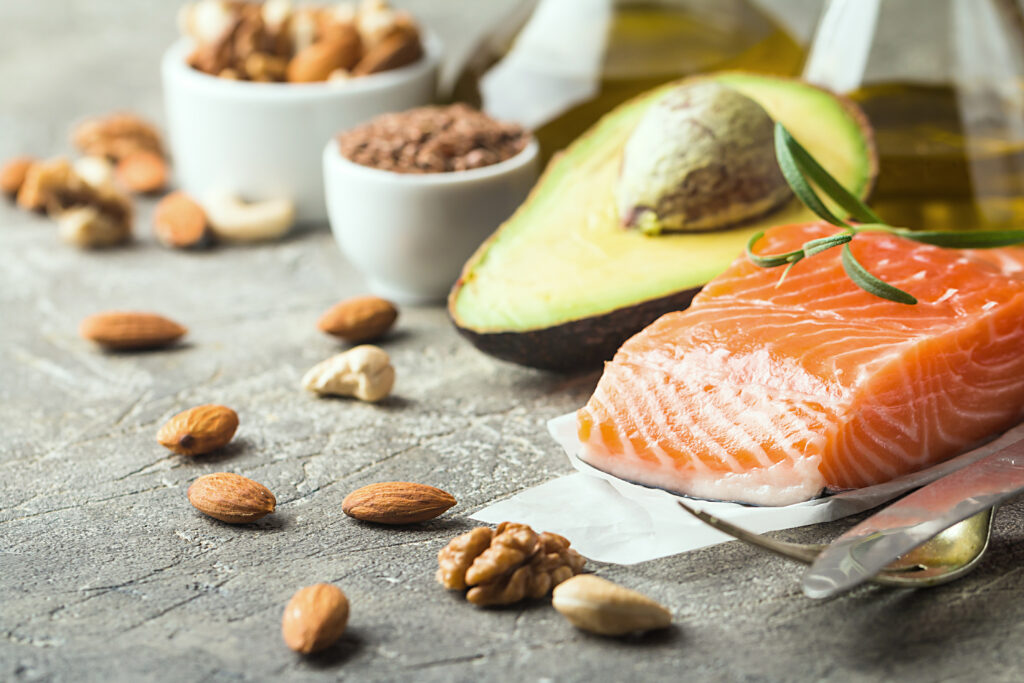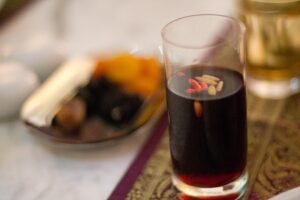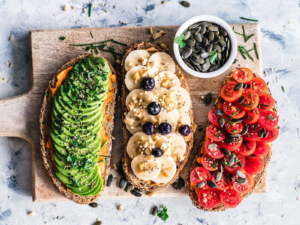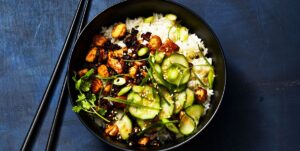You might have the opportunity to indulge in more eating habits during Ramadan. After fasting for a day, isn’t that the least you’ll deserve? Nevertheless, it may also present the ideal chance for the fresh, healthy start that your body has been craving. Simply stick to these foods if you wish to lose weight this Ramadan.
Oatmeal:
Fiber, protein, magnesium, phosphorus, and vitamin B1 are all abundant in oatmeal, which also has a low glycemic index. Oatmeal will therefore aid in weight loss and energy level maintenance during fasting.
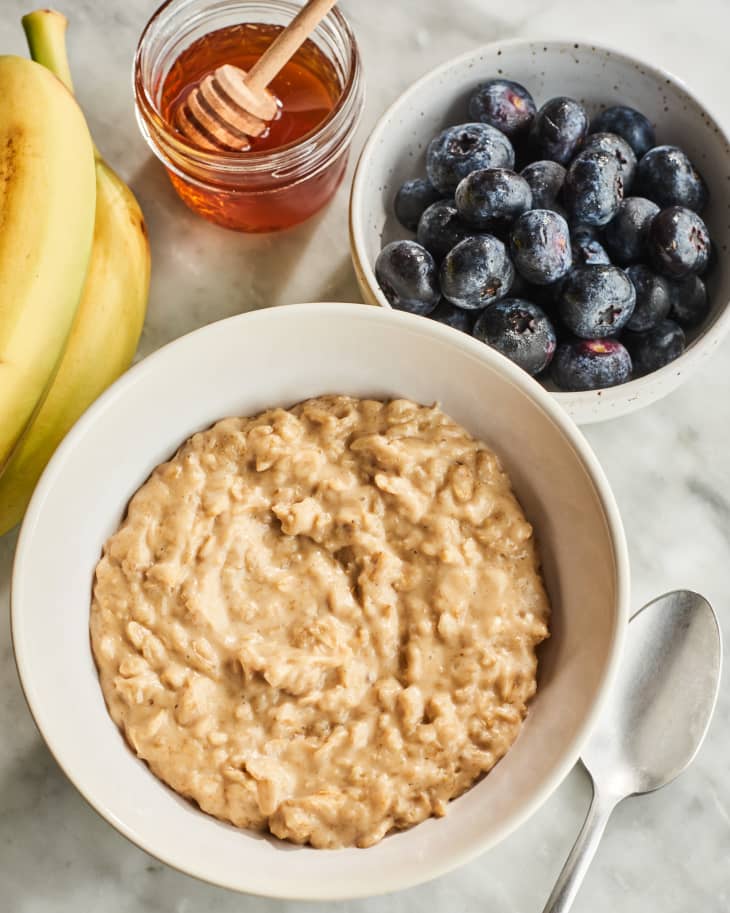
Soups:
Low-calorie, vegetable-based soups can help you feel full and satisfied, and they’re a great way to get your daily dose of vegetables.

Salads:
A salad with mixed greens, vegetables, and a protein source like chicken or boiled eggs can be a filling and low-calorie option. Salads are generally low in calories but high in fibre and water content. This means you can eat a large volume of salad without consuming too many calories, which can help you feel full and satisfied. Salads can be a great way to control your portion sizes. When you start your meal with a salad, you may be less likely to overeat during the main course.

High-fat Yogurt:
Probiotic bacteria found in yogurt are abundant and can enhance gastrointestinal health and reduce inflammation in the body. To ensure that your diet works well, choose high-fat yogurt.

Brown Rice:
Brown rice is recommended for weight loss since it has higher quantities of protein, fiber, and antioxidants than white rice, especially during Ramadan. In addition, brown rice can prevent hunger and combat free radicals, as well as minimize inflammation and chronic disease. These can be consumed during suhoor or after iftar.

Fruits:
Fruits are a healthy snack option that can satisfy your sweet cravings and provide essential nutrients. As the majority of fruits are inherently low in calories, they are a fantastic option for people trying to reduce weight. For example, a cup of strawberries contains only about 50 calories. Fruits are also rich in vitamins, minerals, and antioxidants, which are important for overall health and well-being. When you eat a variety of fruits, you are giving your body the nutrients it needs to function properly, which can help support weight loss efforts.
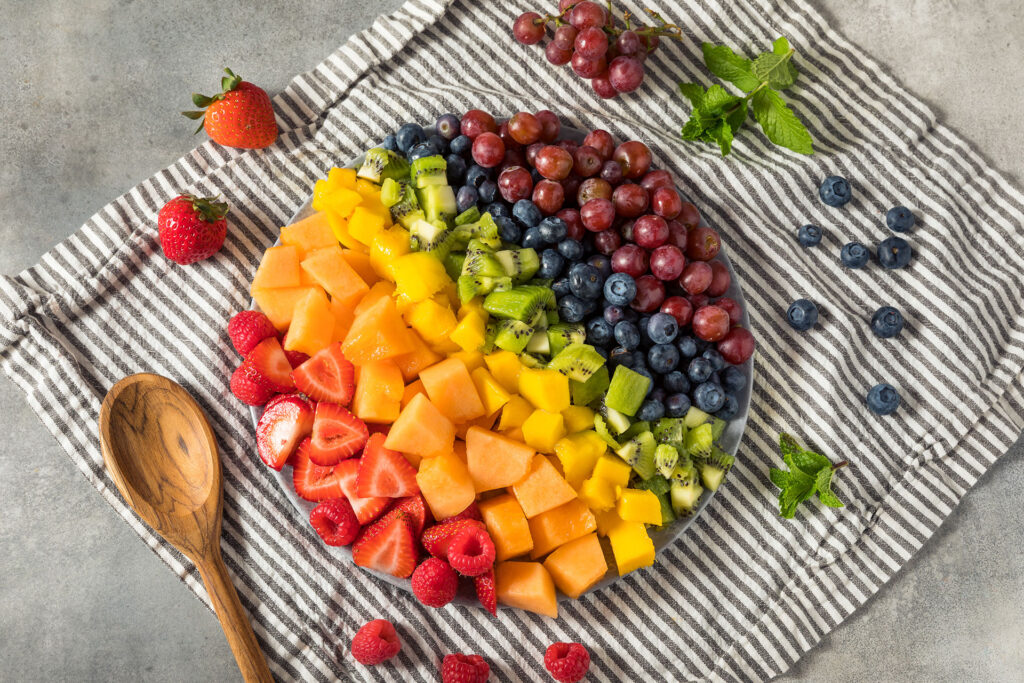
Whole grains:
Quinoa or whole-grain bread are healthy sources of carbohydrates and fibre that can help you feel full. Compared to processed grains, whole grains have a lower hypoglycemic index, which results in a more gradual and controlled rise in blood sugar levels. This can help reduce cravings and prevent overeating. Whole grains are packed with important nutrients such as vitamins, minerals, and antioxidants. These nutrients can help support your overall health, which is important when trying to lose weight.

Avocado:
Avocados are an excellent meal in a diet program since they are high in fat, potassium, minerals, and fiber. You won’t feel hungry frequently when fasting because of the avocado’s high-fat content. Avocado is a versatile ingredient that can be added to many different types of dishes, including salads, smoothies, and sandwiches. This can help increase the nutrient density of your meals and make them more satisfying. It’s important to note that while avocado can be a helpful addition to a weight loss diet, it should still be consumed in moderation as it is high in calories. Pairing avocado with other nutrient-dense, low-calorie foods can help you achieve a balanced diet that supports weight loss.

Potatoes:
Potatoes are a wonderful choice for optimal weight loss since they contain a balanced nutritional profile, including potassium, vitamins B1, B9, B6, and C. Potatoes can be boiled or steam-cooked before eating.
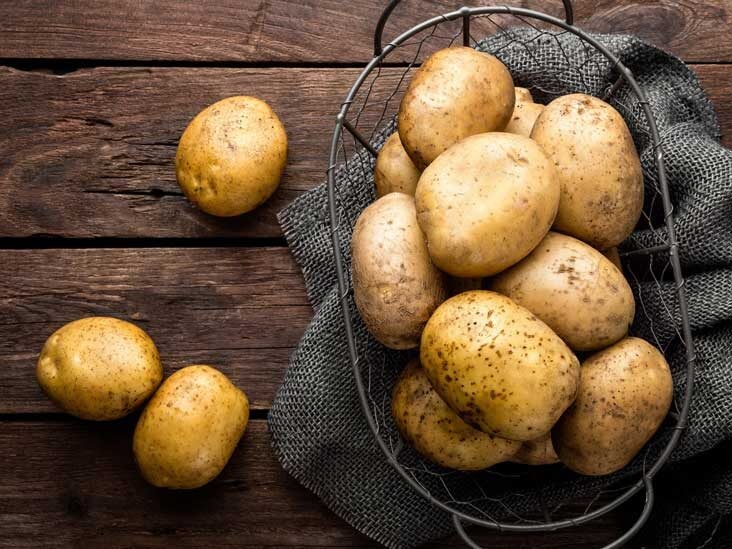
Chicken breast:
Red meat and chicken breast are both high in protein and iron while being low in saturated fat. When following a food plan during Ramadan, chicken breast is strongly advised. You can boil or grill it.
:max_bytes(150000):strip_icc()/231449_Baked_Split_Chicken_Breast_mfs-334-3-caf134edd2d240e4947d3015da78e429.jpg)
Eggs:
Eggs are rich in protein, folate, vitamin E, zinc, vitamin D, choline, vitamin B12, vitamin B2, vitamin A, and vitamin B5. For suhoor, the meal eaten in the early morning, or after iftar, you can have them fried or boiled.

Dates:
When it comes to iftar, or breaking the fast, dates are a great choice. Your body’s depleted energy levels over the day may be restored. Moreover, dates have nutrients that are good for digestion, including potassium, magnesium, iron, vitamin B6, and fiber.
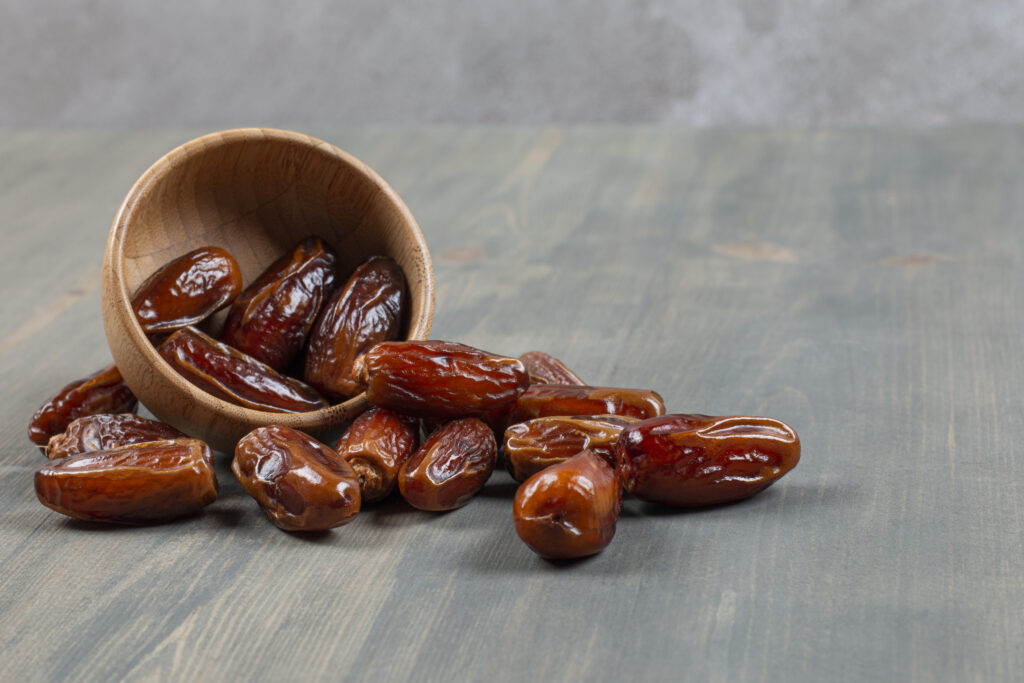
Vegetables:
For everyday eating, including throughout Ramadan, green vegetables are strongly advised. In addition to having a low-calorie count, they also provide minerals, vitamins, and carbs. Vegetables of all varieties can be eaten as salads or sautéed. Kale, spinach, and radish are some of the ones that are suggested.

Salmon:
Salmon has a lot of omega-3 fatty acids, which help to reduce inflammation and prevent obesity. Its high-quality protein and a number of essential nutrients keep the body’s metabolism working at its best while you’re fasting. The consumption of trout, mackerel, sardines, herring, and other fatty seafood is recommended.
